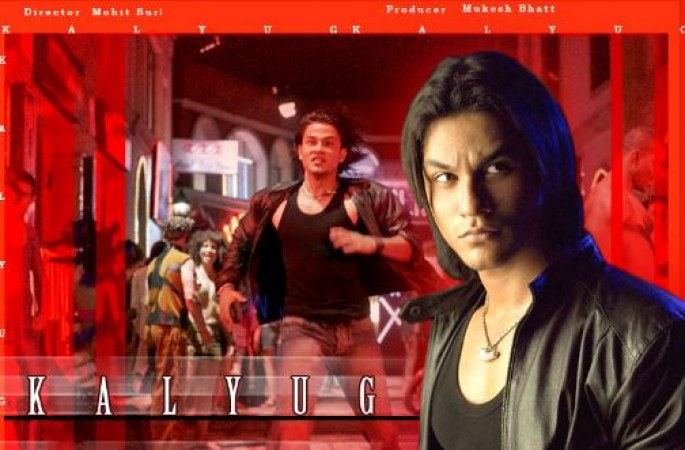
Films that push the boundaries of storytelling and question societal norms are common in the world of Indian cinema. The movie "Kalyug," originally known as "Blue Film," is one of these that had a big impact on the industry. This 1981 film, which Shyam Benegal directed, explores the seedy underbelly of the Indian pornographic industry, a subject that is rarely covered in mainstream cinema. In addition to being a thought-provoking and socially relevant movie, "Kalyug" also represents a significant turning point in the careers of its talented cast and crew.
It's crucial to comprehend the film's origins before delving into the specifics of "Kalyug." The film's original title, "Blue Film," was a provocative and audacious choice that was sure to grab people's attention and pique their interest. The decision to change the title to "Kalyug" before the film's release was made primarily in order to avoid any controversy and objections from the Indian censor board. This name change highlighted the movie's investigation of the timeless and enduring themes of morality and corruption.
The events of "Kalyug" take place against the backdrop of India's thriving textile industry in the 1980s. The Sharmas and the Sahnis, two competing business families, are the primary subjects of the movie's complex internal dynamics. While his cousin Karan Sahni (played by Shashi Kapoor) represents the Sahni family, Ramanath Sharma (played by Raj Babbar) is the heir to the Sharma family business.
The main conflict in the movie starts when Ramanath's wife Seeta (Rekha) unintentionally finds a blue film with her husband in it. She decides to leave him after being shocked and hurt, which sets off a series of events that reveal the dark side of the pornography business.
"Kalyug" deftly addresses a variety of subjects that, at the time, were unorthodox and revolutionary:
Corruption and Morality: The film's main theme is one of morality. It draws attention to the moral conundrums people face when deciding between options that might violate their morals. The blue film industry's association with Ramanath raises concerns about the corrupting effects of money and power.
The complex interplay between family dynamics and tradition is depicted in the movie, "Family and Tradition." It exemplifies how ties and customs within families can develop and weaken over time, resulting in betrayal and conflict.
Gender Dynamics: "Kalyug" also discusses how women are portrayed in Indian society, particularly in light of the pornographic sector of the economy. A potent examination of gender dynamics is provided by Seeta's transformation from a sheltered wife to an independent woman who confronts her husband's betrayal.
Tradition vs. Modernity: The film emphasises the conflict between traditional and modern values in the developing Indian society of the 1980s. It emphasises how moral compromises can result from the pursuit of wealth and success.
The film "Kalyug" had a big impact on Indian cinema. It won praise from critics for exploring delicate and taboo subjects and for its nuanced storytelling. The cast's performances, particularly those of Shashi Kapoor, Raj Babbar, and Rekha, were praised for their complexity and sincerity.
Furthermore, "Kalyug" signalled a turning point in Shyam Benegal's professional life. Benegal, who is renowned for his socially conscious and realistic films, gave a masterful performance as a director in this film. His skill as a visionary director was further enhanced by his capacity to handle challenging themes and characters with finesse and sensitivity.
The title of the movie was changed from "Blue Film" to "Kalyug," and this change was more than merely cosmetic. It demonstrated the movie's desire to move beyond the sensationalism frequently connected with pornography and instead focus on the moral and ethical conundrums that face its characters.
Film buffs and academics alike continue to study and appreciate "Kalyug," originally known as "Blue Film," as it is a timeless classic. It is a thought-provoking work of Indian cinema due to its examination of morality, corruption, and the conflict between tradition and modernization. For anyone interested in meaningful film that questions societal norms and pushes the limits of storytelling, "Kalyug" is a must-watch due to the brilliant direction of Shyam Benegal and the top-notch performances by the cast. It serves as evidence of the ability of film to take on difficult subjects and spark insightful conversations about crucial social issues.
Bollywood's 'Aadat' Transformation: From Copyright Clash to Iconic Song
How 'Go Goa Gone' Redefined Indian Cinema
21 Years Later, Sanjay Dutt and Madhuri Dixit's Fiery Chemistry Ignites 'Kalank'